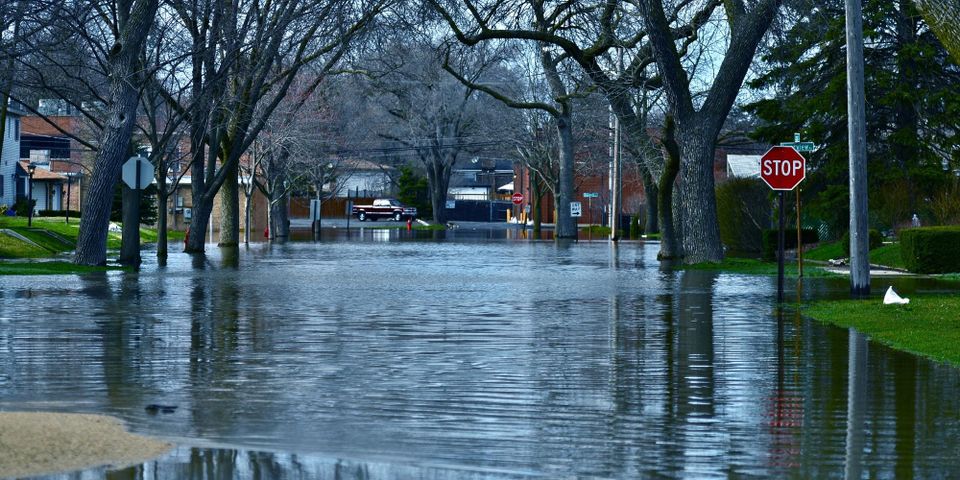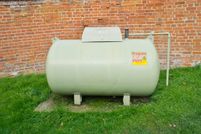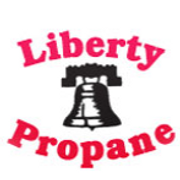How Can You Protect Propane Tanks From Storm Flooding?

With spring and summer’s warmer temperatures, you may not be relying on your propane tanks as much for heating, but this doesn’t mean you should forget about them entirely. This time of year also brings greater precipitation, which can dramatically increase flood risk in some areas. Severe storms and flooding can cause serious problems for your tank, so use the following guide to make sure they’re safe.
Preparing for a Flood
You can be ready for a flood by ensuring your propane tank has enough fuel in case fresh supplies are made temporarily unavailable. A full tank is also less likely to float thanks to its heavier weight. If you live in a flood zone, it’s required that large tanks be anchored to the ground to further minimize the risk of floating away. Small cylinders should be moved to an area where they’ll be safe from floodwaters—but never indoors.
 If you believe floodwaters may threaten your property, turn off the gas supply both for the tank and for individual gas appliances. This will prevent gas leaks should floodwaters carry away the tank.
If you believe floodwaters may threaten your property, turn off the gas supply both for the tank and for individual gas appliances. This will prevent gas leaks should floodwaters carry away the tank.
What to Do After a Flood
You must be cautious when using propane tanks after a flood, as the water can damage fuel lines or the tank itself. Inspect appliances, tanks, and service lines for water damage and other issues. Don’t turn on any appliances that may have been damaged.
If your home was flooded, it’s best to have a professional conduct a leak test before using the propane tank again, especially if floodwaters moved the tank. Be aware of the signs of a gas leak, such as a rotten egg smell, so you don’t put yourself at risk of carbon monoxide poisoning.
Whether you need a new propane tank for your home or grill or wish to schedule gas delivery, you can count on Liberty Propane. Serving Liberty County, GA, and the surrounding area, their team can help with everything from installation work and routine propane refills to 24-hour emergency service. To learn more about what they can do for you or to request a free quote, visit them online or call (912) 408-3040.
About the Business
Have a question? Ask the experts!
Send your question

